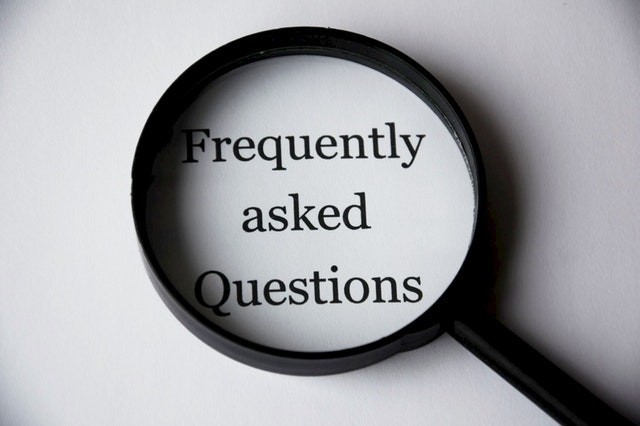FAQ when buying a business
on October 29, 2019 / by Tom Beswick

The short answer is – it’s complicated. It certainly isn’t just worth what the vendor thinks they need for retirement.
There are lots of variables when valuing a business and everyone will have a different opinion.
However, what holds true is that well-run businesses that have good systems will be worth more than businesses that entirely depend on the owner and fall apart when they aren’t around.
Buying a business isn’t like a buying a house. A house for sale can be compared with all the other current listings – as well as recent sales in the area. With a bit of work, you can start to get a feel for whether the asking price is about right.
Businesses have so many things that make them different from one another.
It doesn’t take much before a small difference in how a business runs has a large impact on what it is worth.
Ultimately it comes down to a mix between the quality of the business and how much it is worth to you.
A business is ultimately worth what a willing buyer will pay and a willing seller will sell for when neither is under pressure.
Sometimes that means that people pay more than they “should” on paper – and that’s fine.
What should you buy – company or the assets?
The assets. Unless you are buying from family, or you’ve been managing the business for the last 10-plus years you should only buy the assets and the goodwill.
If you buy the shares of the company you inherit all the skeletons in the closet – that employee grievance from a staff member who left six months ago that the vendor didn’t tell you about?
That’s on you now. Generally this is not to be advised.
What is goodwill?
Goodwill is the difference between what a company sells for and the price agreed for the physical assets (vehicles, equipment and stock etc).
Agreeing on asset prices as part of a business purchase – how does that work?
A seller is incentivised to put a low value on physical assets being sold as there is a tax benefit to them doing that.
They’ve claimed depreciation on the assets to save them tax in the past – and they’d rather not pay any of that tax back.
On the other hand, the buyer is incentivised to have the physical assets worth as much as possible so that they can depreciate them and achieve real tax savings in the future.
This means that you’ll have to negotiate on the value to put on the physical assets.
For most people who buy a business there will be a lot of questions involved. Getting great and timely answers is important.
Even better is getting answers to the questions that you didn’t know that you needed to ask – and there will always be plenty of those. I suggest surrounding yourself with a great team of advisors early in the process.